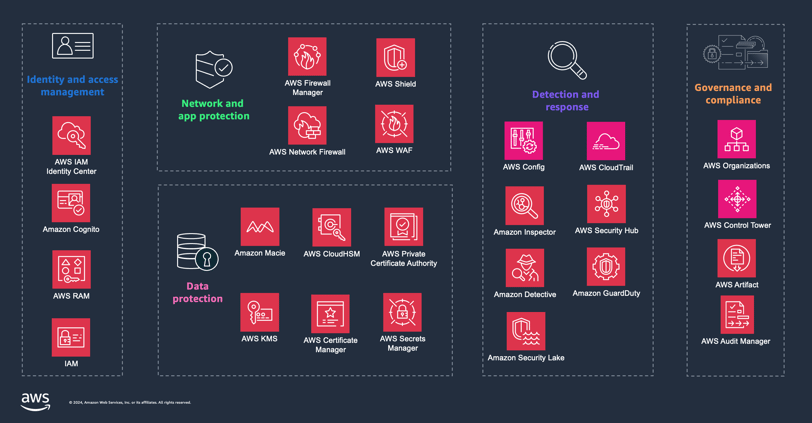Understanding Network Security: Its Importance and Threat Landscape
Learning about network security and the cyber attacks that might compromise systems.


Introduction to Network Security
In today's digital age, as businesses and individuals rely heavily on technology, securing sensitive data from unauthorized access and cyber threats is imperative. Network security encompasses various measures to protect an organization’s networks, data, and applications from cyber attacks that can lead to significant financial and reputational damage.
The Importance of Network Security
Network security is essential for safeguarding sensitive information, maintaining operational continuity, and protecting the integrity of data. Organizations face numerous challenges, including potential data breaches, unauthorized access, and loss of sensitive information. Implementing robust security measures helps mitigate these risks. Additionally, it ensures compliance with various regulations governing data protection, thus fostering trust among customers and stakeholders.
Types of Cyber Attacks
Different kinds of cyber attacks pose threats that can compromise applications and infiltrate databases to retrieve sensitive data. Some of these attacks include:
1. Phishing - This technique deceives individuals into providing personal information by masquerading as legitimate communications.
2. Malware - Malicious software can infect systems to steal information, disrupt productivity, or cause other harm.
3. DDoS Attacks - Distributed Denial of Service attacks overwhelm systems with traffic to disable services.
4. SQL Injection - This attack targets databases through web applications to manipulate and retrieve data unauthorizedly.
5. Ransomware - Attackers encrypt victims’ data and demand a ransom for its release, which can paralyze operations.
There are a lot more other type of attacks to know and study about as cyber security is a huge domain on it's own. Understanding these threats is the first step in learning about network security. Recognition and early detection play a crucial role in implementing effective preventive measures.
Cloud Security in AWS
As organizations increasingly migrate to cloud environments, learning about AWS cloud security becomes paramount. Amazon Web Services (AWS) provides various comprehensive security tools and services designed to protect applications and data in the cloud.
AWS employs an extensive security framework that includes data encryption, access controls, and compliance certifications. Users are responsible for managing their network security settings, including setting up user permissions, monitoring activity logs, and establishing network firewalls. It is essential to utilize AWS services such as AWS Identity and Access Management (IAM) and Amazon GuardDuty to enhance security posture and remain compliant with best practices. Below is a list of the various services offered by AWS for security.


